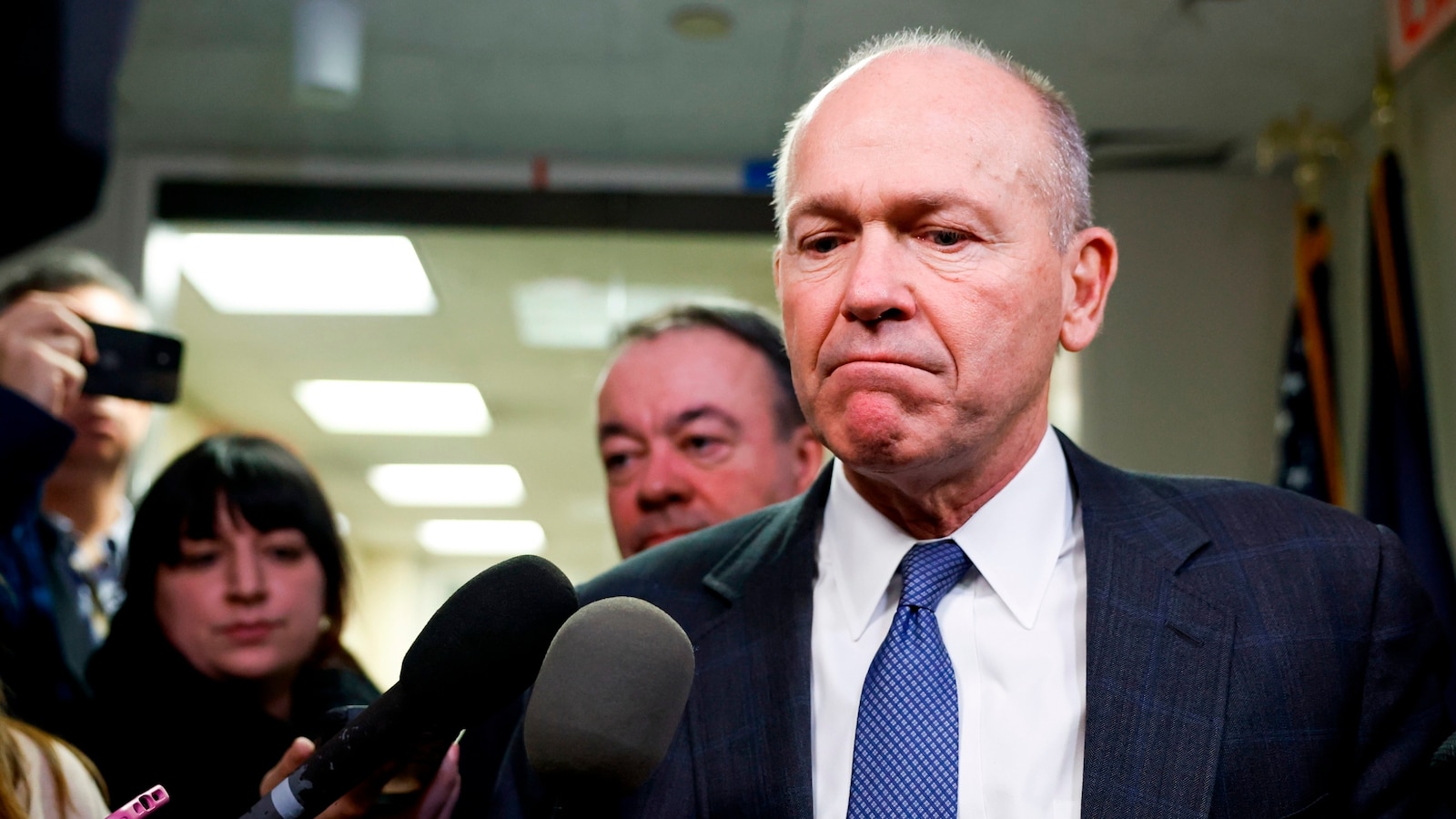
DETROIT — Workers at Volkswagen’s factory in Chattanooga, Tennessee, will vote next month on whether they want to be represented by the United Auto Workers union.
The National Labor Relations Board said Monday that the election will take place from April 17 to 19 at the plant, in the first test of the union’s effort to organize nonunion automobile factories across the nation.
Workers at the 3.8 million square foot (353,353 square meter) factory with more than 4,000 production workers filed paperwork March 18 seeking the election.
Both sides reached agreement to have the election in April, the NLRB said.
The UAW announced its organizing campaign last fall after it won strong contracts with Detroit automakers. The UAW said it would simultaneously target more than a dozen nonunion auto plants including those run by Tesla, Nissan, Mercedes-Benz, Hyundai, Kia, Toyota, Honda, and others.
The drive covers nearly 150,000 workers at factories largely in the South, where the union thus far has had little success in recruiting new members.
The UAW said a supermajority of the VW plant’s production workers had signed cards supporting union representation, but it would not provide a number. A union can seek an election run by the NLRB once a majority of workers support it.
Volkswagen has said it respects the workers’ right “to a democratic process and to determine who should represent their interests. “We will fully support an NLRB vote so every team member has a chance to vote in privacy in this important decision.”
The UAW has said workers in Chattanooga, who make Atlas SUVs and the ID.4 electric vehicle, have complained about mistreatment by Volkswagen management including mandatory overtime on Saturdays. They also are seeking higher pay.
The union has come close to representing workers at the VW plant in two previous elections. In 2014 and 2019, workers narrowly rejected a factorywide union under the UAW. Some prominent Tennessee Republican politicians had urged workers to vote against the union during both campaigns.
The year after the 2014 vote failed, 160 Chattanooga maintenance workers won a vote to form a smaller union, but Volkswagen refused to bargain. Volkswagen had argued the bargaining unit also needed to include production workers. As a result, the 2019 factory-wide vote followed.
In February the union said a majority of workers at a Mercedes plant in Vance, Alabama, near Tuscaloosa, also had signed union cards. The Alabama factory complex has about 6,100 employees.
The union embarked on its organizing effort last year after it went on strike against General Motors, Ford and Stellantis, earning big raises and other benefits.
After the Detroit Three contracts were approved, many nonunion factories announced worker pay increases.
In November, VW gave workers an 11% pay raise at the plant, but the union says VW’s pay still lags behind Detroit automakers. Top assembly plant workers in Chattanooga make $32.40 per hour, VW said.
The UAW pacts with Detroit automakers include 25% pay raises by the time the contracts end in April of 2028. With cost-of-living increases, workers will see about 33% in raises for a top assembly wage of $42 per hour, plus annual profit sharing.
Volkswagen workers in Tennessee are set to vote on union representation next month in what will be the first major test of the company’s recruiting drive. The vote comes after years of tension between management and workers over issues such as wages, benefits, and working conditions.
The United Auto Workers (UAW) union has been trying to organize Volkswagen’s Chattanooga plant for several years, but has faced strong opposition from the company’s management. However, recent changes in leadership at the plant have given the union new hope that they may finally be able to gain a foothold.
The vote, which is scheduled for next month, will be a crucial moment for both the union and Volkswagen. If workers vote in favor of union representation, it could pave the way for improved working conditions and better pay for employees. It could also signal a shift in the power dynamic between management and workers at the plant.
On the other hand, if workers vote against union representation, it could be a major setback for the UAW and its efforts to organize workers in the South. It could also embolden Volkswagen’s management to continue resisting unionization efforts.
The outcome of the vote will have far-reaching implications for both Volkswagen and the UAW. It will also be closely watched by other companies and unions across the country, as it could set a precedent for future organizing efforts in the South.
In the lead-up to the vote, both sides are ramping up their efforts to sway workers to their side. The UAW has been holding meetings with workers to explain the benefits of union representation, while Volkswagen’s management has been urging employees to vote against unionization.
Ultimately, the decision will rest in the hands of Volkswagen’s workers. They will have to weigh the potential benefits of union representation against the risks and uncertainties that come with it. Whatever they decide, the outcome of the vote is sure to have a lasting impact on the future of labor relations at Volkswagen’s Chattanooga plant.


